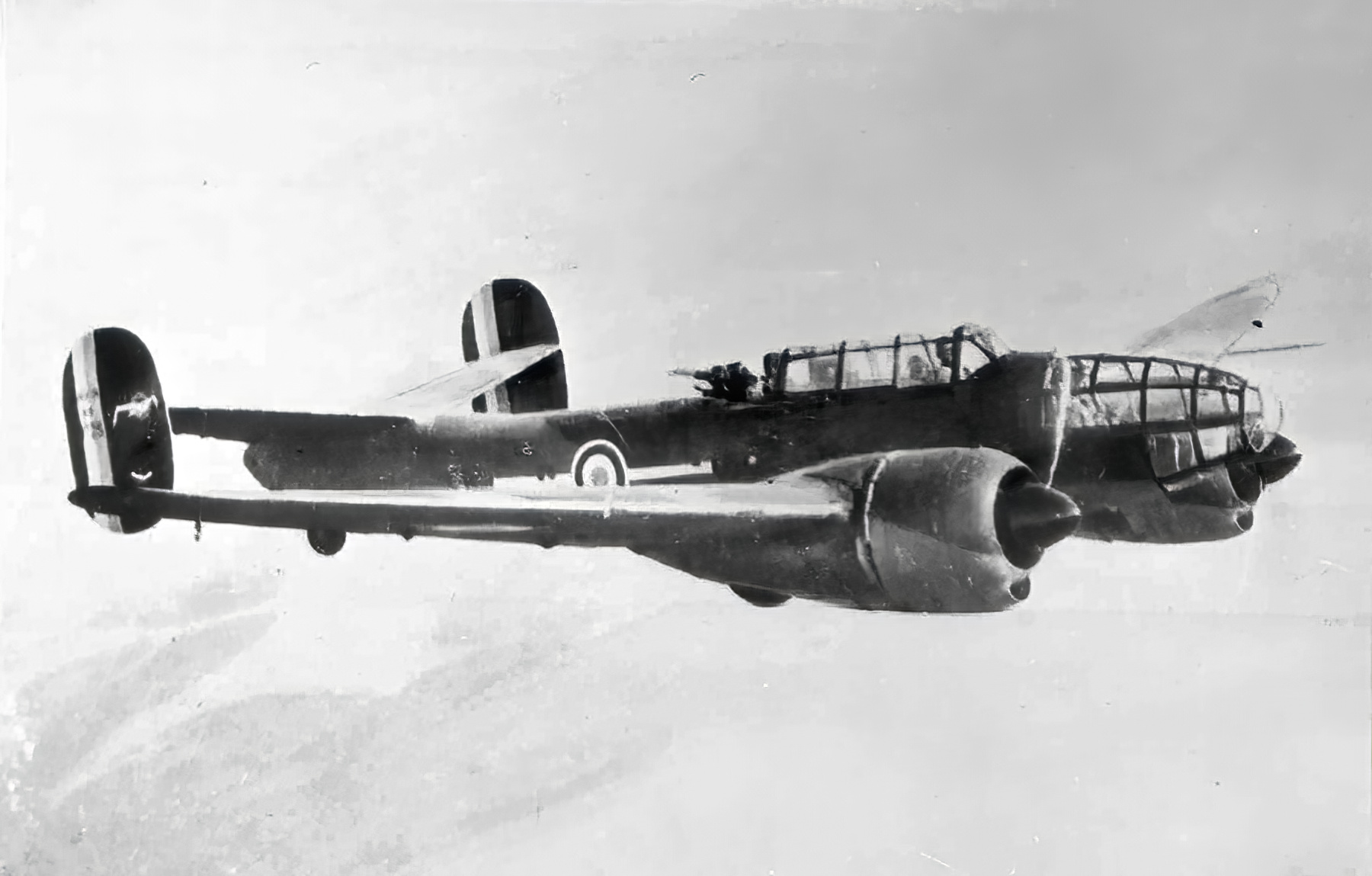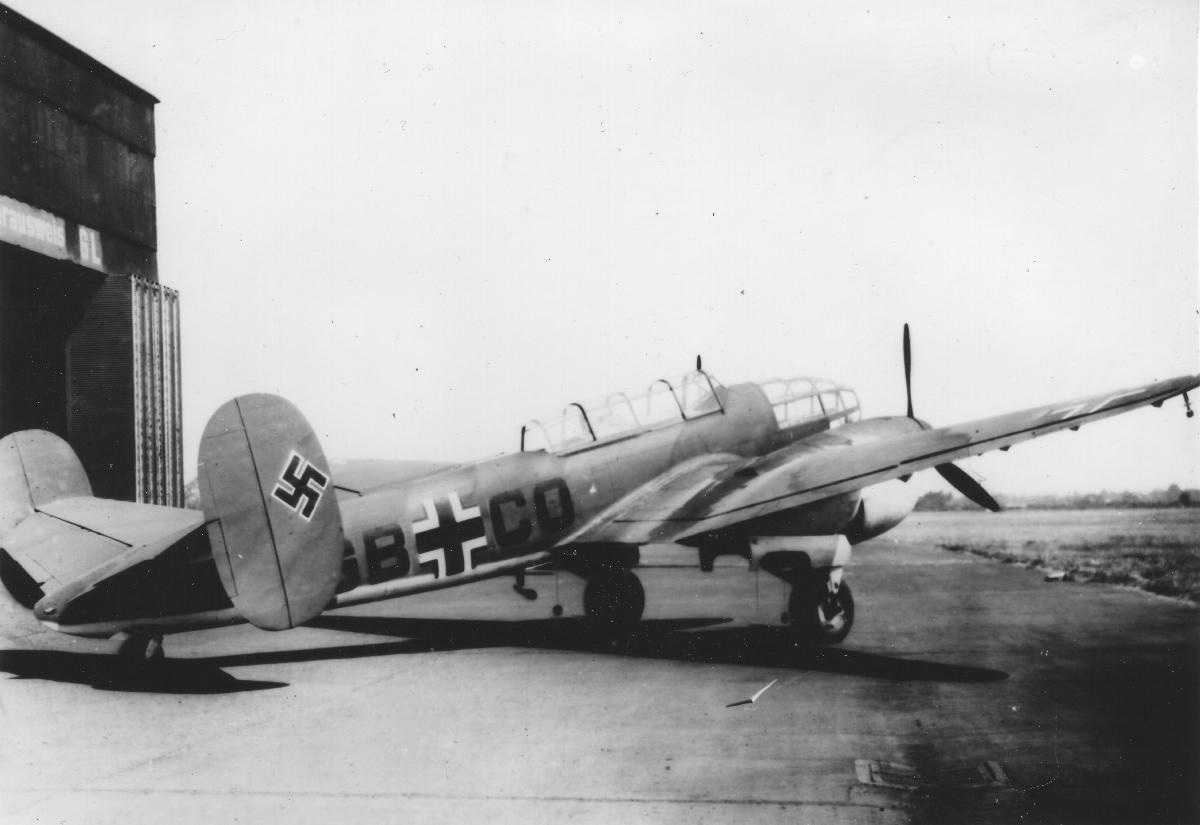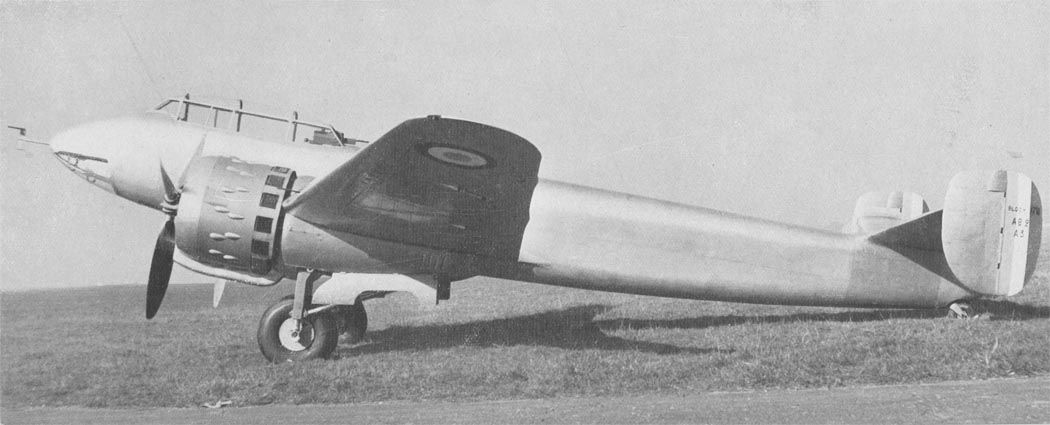Tag: bomber
-
Bloch MB.174 French Reconnaissance Bomber

Bloch MB.174 French Reconnaissance Bomber Read more
-
Bloch MB.174 in German Service

Bloch MB.174 in German Service Read more
-
Bloch MB.170 French Reconnaissance Bomber

Bloch MB.170 French Reconnaissance Bomber Read more